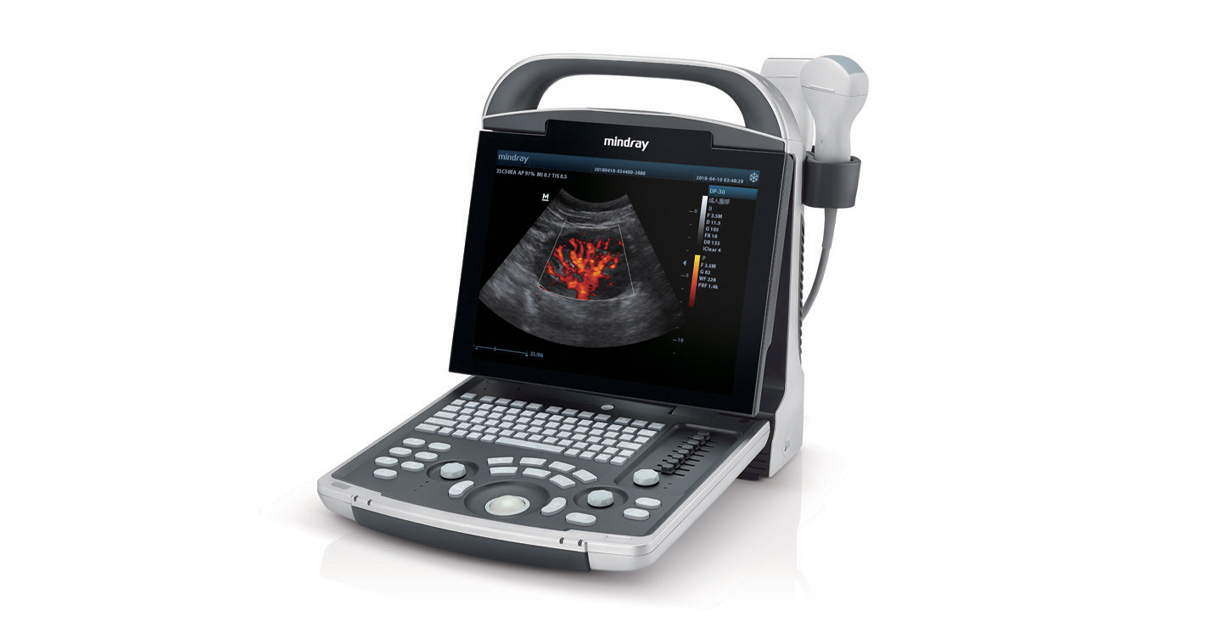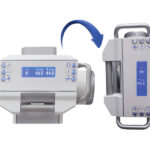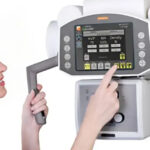Portable Ultrasound Machine for Sale – A Complete Buyer’s Guide for Clinics & Hospitals
In today’s fast-paced healthcare environment, portable ultrasound machines are becoming an essential tool for clinics, hospitals, and imaging centers. From point-of-care diagnostics to specialized imaging needs, these devices provide high-quality imaging while offering flexibility, cost-effectiveness, and rapid results. If you are considering purchasing a portable ultrasound machine for your facility, this guide will walk you through everything you need to know—features, benefits, types, and buying considerations.
Why Portable Ultrasound Machines Are Essential for Clinics and Hospitals
Portable ultrasound machines bring imaging capabilities directly to the patient, eliminating the need for large, fixed equipment. Here’s why clinics and hospitals are increasingly adopting them:
Benefits of Portable Ultrasound Machines
- Mobility: These machines are compact and lightweight, allowing healthcare providers to move them between patient rooms, emergency units, or operating theaters.
- Efficiency: Rapid imaging reduces patient wait times, improving workflow and patient satisfaction.
- Cost-effective: Portable machines are generally less expensive than traditional stationary ultrasound systems while still providing high-quality imaging.
- Versatility: They can be used in multiple departments—emergency care, obstetrics, cardiology, and general diagnostics.
- Real-time Diagnostics: Instant imaging allows for quicker decision-making, which is critical in emergency and point-of-care situations.
Types of Portable Ultrasound Machines
When shopping for a portable ultrasound machine, it’s important to understand the different types and which one suits your facility’s needs.
Handheld Ultrasound Devices
Handheld devices are ultra-compact and can connect to smartphones or tablets. They are ideal for:
- Emergency departments
- Bedside examinations
- Home visits
- Quick diagnostic assessments
Pros: Affordable, highly portable, easy to use.
Cons: Limited advanced features compared to full-size portable machines.
Point-of-Care (POC) Ultrasound Machines
POC machines are slightly larger than handheld devices but still mobile. They are commonly used in:
- Clinics and small hospitals
- Imaging centers for quick diagnostics
- OB/GYN and cardiology departments
Pros: More imaging options, higher resolution, suitable for multi-specialty use.
Cons: Higher cost than handheld devices.
Refurbished Portable Ultrasound Machines
Refurbished machines offer the same performance as new devices but at a significantly lower price. Clinics and hospitals can purchase these machines with confidence, provided they come from a trusted supplier with warranty coverage.
Pros: Affordable, environmentally friendly, often covered by manufacturer or supplier warranties.
Cons: May have slightly outdated software or features compared to the latest models.
Key Features to Consider Before Buying
When selecting a portable ultrasound machine for your clinic or hospital, consider the following key features:
- Image Quality: Look for machines that provide high-resolution imaging and multiple imaging modes (2D, 3D, Doppler).
- Portability: Check the size, weight, and battery life if mobility is a priority.
- Ease of Use: User-friendly interface and touchscreen options improve workflow efficiency.
- Software & Upgrades: Ensure the device supports updates for improved performance and new imaging features.
- Connectivity: Ability to store and transfer images securely, integrate with PACS, or share results with other departments.
- Probes and Accessories: Check which probes are compatible with the machine (convex, linear, cardiac).
- Warranty & Support: Always buy from a trusted supplier that offers warranty and reliable customer support.
Applications of Portable Ultrasound Machines in Healthcare
Portable ultrasound machines are not limited to one department; they serve multiple applications across healthcare facilities:
- Emergency & Critical Care: Rapid bedside imaging for trauma, cardiac, and abdominal emergencies.
- Obstetrics & Gynecology (OB/GYN): Prenatal imaging, fetal growth monitoring, and routine examinations.
- Cardiology: Assessment of heart function and blood flow using Doppler imaging.
- Radiology & Imaging Centers: High-quality imaging for outpatient diagnostic services.
- Veterinary Clinics: Portable machines are also used in veterinary medicine for small animals and livestock.
Why Clinics and Hospitals Prefer Portable Machines Over Stationary Systems
While stationary ultrasound systems have been the traditional choice, portable devices offer several advantages:
- Lower Cost: Portable machines often cost significantly less than full-size units.
- Space Saving: Ideal for smaller clinics or hospitals with limited space.
- Flexible Deployment: Can be used across multiple departments without major installation.
- Faster Diagnostics: Reduces time between patient check-in and diagnosis.
How to Choose the Right Portable Ultrasound Machine
Selecting the right portable ultrasound machine depends on your facility type, budget, and intended use. Here’s a step-by-step guide:
- Identify Your Needs: Determine which departments or procedures will use the machine the most.
- Evaluate Features: Compare resolution, imaging modes, probe options, and software compatibility.
- Set Your Budget: Decide if you want new or refurbished equipment and balance cost vs features.
- Check Supplier Credentials: Purchase from trusted suppliers with verified reviews, warranties, and after-sales support.
- Test Before Buying: If possible, demo the machine to ensure it meets workflow and imaging expectations.
Trusted Suppliers and Buying Options
Purchasing from a reliable medical equipment supplier ensures your investment is safe and compliant. Here’s what to look for:
- Authorized distributor of portable ultrasound machines
- Warranty and service coverage
- Transparent pricing for clinics and hospitals
- Availability of refurbished or certified pre-owned machines
- Strong customer support and training resources
Some suppliers even offer customized solutions, bundling machines with probes, software upgrades, and extended warranties.
Maintenance and After-Sales Care
A portable ultrasound machine is a long-term investment. To maximize its lifespan:
- Perform regular software updates and calibration checks.
- Clean and disinfect probes after each use.
- Schedule annual preventative maintenance with your supplier.
- Train staff thoroughly to reduce operational errors and maximize efficiency.
Conclusion – Make an Informed Purchase
A portable ultrasound machine is an invaluable tool for clinics, hospitals, and imaging centers. By understanding the types, key features, applications, and buying considerations, you can make a decision that improves patient care, reduces costs, and enhances workflow efficiency.
When buying, always:
- Prioritize image quality and portability
- Choose a trusted supplier with warranty and support
- Match the device type to your facility’s needs
With the right portable ultrasound machine, your healthcare facility can deliver faster, more accurate diagnostics and improve overall patient outcomes.



